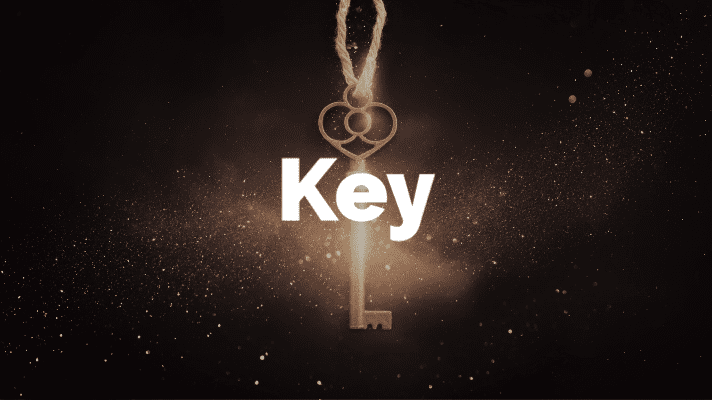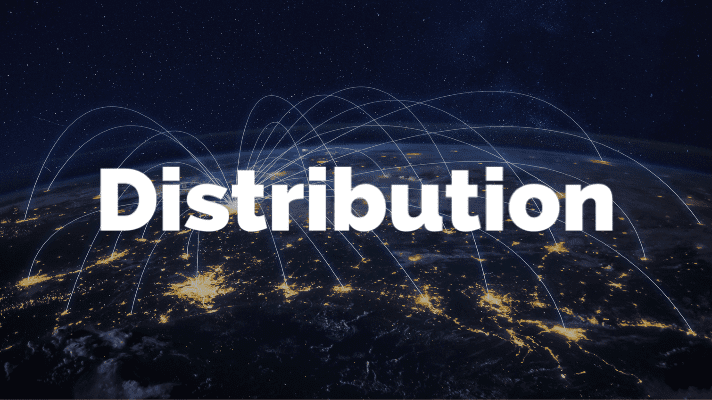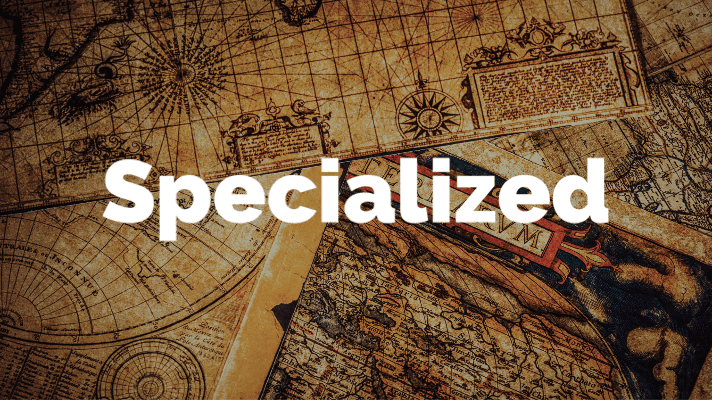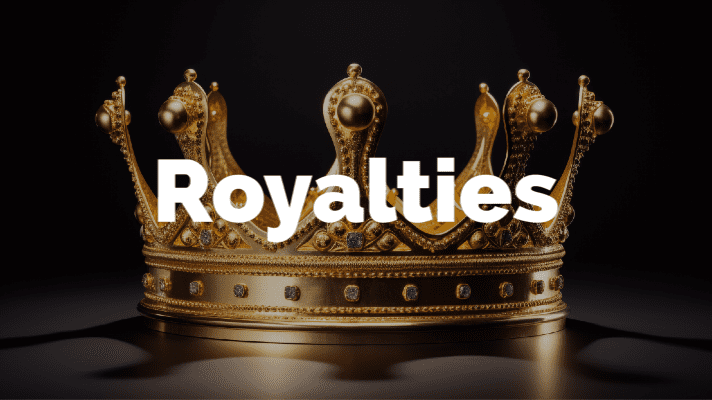2-3 minute read
Understanding Songwriters Royalties
As a songwriter it’s important to understand the 13 types of royalties. That can be earned from your music recordings.
This post will provide you with an overview of these royalties. Giving you world class know how about music royalties.
Key Royalties in Music

Mechanical Royalties: Are earned from reproducing and distributing your music. Either physically or digitally. Paid to songwriter and publisher.
Performance Royalties: Get generated when your music is publicly played. Be it on radio. Live shows, or online streams. Collected by PROs for songwriters and publishers.
Sync Royalties: Are earned from your music’s use in visual media. Like films or commercials. Split between songwriter, publisher, and sometimes artist.
Royalty Distribution and Streaming

Print Music Royalties: When your music is turned into sheet music and sold you earn. Goes directly to songwriter and publisher.
Digital Performance Royalties: Is your music streamed on platforms like Spotify? PROs distribute these royalties to songwriters, publishers, and performers.
Interactive Streaming Royalties: Platforms like Spotify Premium let listeners choose tracks. Paying artists, songwriters, and publishers.
Royalties Simplified

Non-Interactive Streaming Royalties: Pandora-like services create personalized radio stations. Earning songwriters and publishers royalties.
Ringtone Royalties: Your music as a ringtone means earnings for the songwriter and publisher.
Music Video Royalties: In videos on platforms like YouTube. Earnings are shared among songwriter, publisher, and sometimes artist.
Specialized Royalties Unveiled

Foreign Royalties: When your music’s played abroad. Foreign PROs collect and distribute these earnings.
Grand Rights Royalties: When your music is used in theater, operas, or ballets. These rights generate separate negotiated royalties.
Public Domain Royalties: If your music enters public domain. You can still earn from adaptations or arrangements.
Neighboring Rights Royalties: Earned from public performance or broadcasting of sound recordings. These are collected by performers and labels.
Final Thoughts
By grasping these essential music royalties. You’ll be equipped to navigate the complex world of music recordings.
Ensuring you receive fair compensation for your creative endeavors. Remember to consult with legal professionals in entertainment law.
To safeguard your rights and maximize your earnings.

Leave a Reply